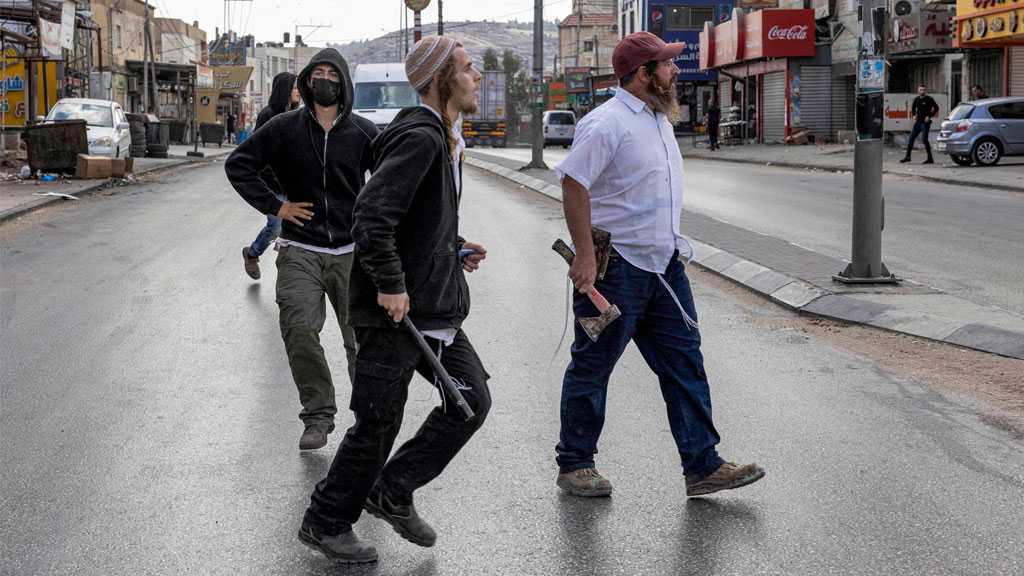Russian warships plan Mediterranean show of strength en route to Venezuela

Source: Global Research, Canadian Press, 05-10-2008
MOSCOW - Moscow says four warships carrying out the Russian navy's first deployment to the Western Hemisphere since the Cold War will make a side trip to the Mediterranean.
The nuclear-powered missile cruiser Peter the Great and three accompanying ships are expected to sail through the Strait of Gibraltar into the Mediterranean on Sunday.
Naval spokesman Capt. Igor Dygalo says the ships will call at the Libyan port of Tripoli and also visit several other unspecified Mediterranean ports before heading to Venezuela.
Russian news reports have said the squadron is expected to visit the Syrian port of Tartus, which hosted Soviet ships during the Cold War and now is being renovated for a permanent Russian naval presence in the Mediterranean.
Since defeating Georgia in August in a war over the breakaway republic of South Ossetia, the Kremlin has vowed to send its military on regular manoeuvres worldwide.
It has also moved to intensify contacts with Venezuela, Cuba and other Latin American countries
amid increasingly strained relations with Washington.
In a separate move, Russia has also dispatched a missile frigate to waters off Somalia where pirates seized a Ukrainian vessel carrying over 30 Soviet-designed tanks.
The Kremlin's decision to send warships to the Caribbean for joint maneuvers with the Venezuelan navy follows a week-long visit to Venezuela by two Russian strategic bombers last month.
During the Cold War, Latin America was an ideological battleground between the Soviet Union and the United States.
The intensifying contacts with Venezuela appear to be a response to the U.S. dispatch of warships to deliver aid to Georgia, which angered the Kremlin.
Venezuelan President Hugo Chavez, a major critic of the U.S. foreign policy, said that Latin America needs a strong friendship with Russia to help reduce U.S. influence and keep peace in the region.
Russia has signed weapons contracts worth more than $4 billion with Venezuela since 2005 to supply fighter jets, helicopters, and 100,000 Kalashnikov assault rifles. Moscow and Caracas are now negotiating new weapons deals.
Russian Prime Minister Vladimir Putin also offered last week to help Venezuela develop nuclear energy - a move likely to add to U.S. concerns about the Kremlin's intentions in the region.
MOSCOW - Moscow says four warships carrying out the Russian navy's first deployment to the Western Hemisphere since the Cold War will make a side trip to the Mediterranean.
The nuclear-powered missile cruiser Peter the Great and three accompanying ships are expected to sail through the Strait of Gibraltar into the Mediterranean on Sunday.
Naval spokesman Capt. Igor Dygalo says the ships will call at the Libyan port of Tripoli and also visit several other unspecified Mediterranean ports before heading to Venezuela.
Russian news reports have said the squadron is expected to visit the Syrian port of Tartus, which hosted Soviet ships during the Cold War and now is being renovated for a permanent Russian naval presence in the Mediterranean.
Since defeating Georgia in August in a war over the breakaway republic of South Ossetia, the Kremlin has vowed to send its military on regular manoeuvres worldwide.
It has also moved to intensify contacts with Venezuela, Cuba and other Latin American countries
amid increasingly strained relations with Washington.
In a separate move, Russia has also dispatched a missile frigate to waters off Somalia where pirates seized a Ukrainian vessel carrying over 30 Soviet-designed tanks.
The Kremlin's decision to send warships to the Caribbean for joint maneuvers with the Venezuelan navy follows a week-long visit to Venezuela by two Russian strategic bombers last month.
During the Cold War, Latin America was an ideological battleground between the Soviet Union and the United States.
The intensifying contacts with Venezuela appear to be a response to the U.S. dispatch of warships to deliver aid to Georgia, which angered the Kremlin.
Venezuelan President Hugo Chavez, a major critic of the U.S. foreign policy, said that Latin America needs a strong friendship with Russia to help reduce U.S. influence and keep peace in the region.
Russia has signed weapons contracts worth more than $4 billion with Venezuela since 2005 to supply fighter jets, helicopters, and 100,000 Kalashnikov assault rifles. Moscow and Caracas are now negotiating new weapons deals.
Russian Prime Minister Vladimir Putin also offered last week to help Venezuela develop nuclear energy - a move likely to add to U.S. concerns about the Kremlin's intentions in the region.
Comments
- Related News




